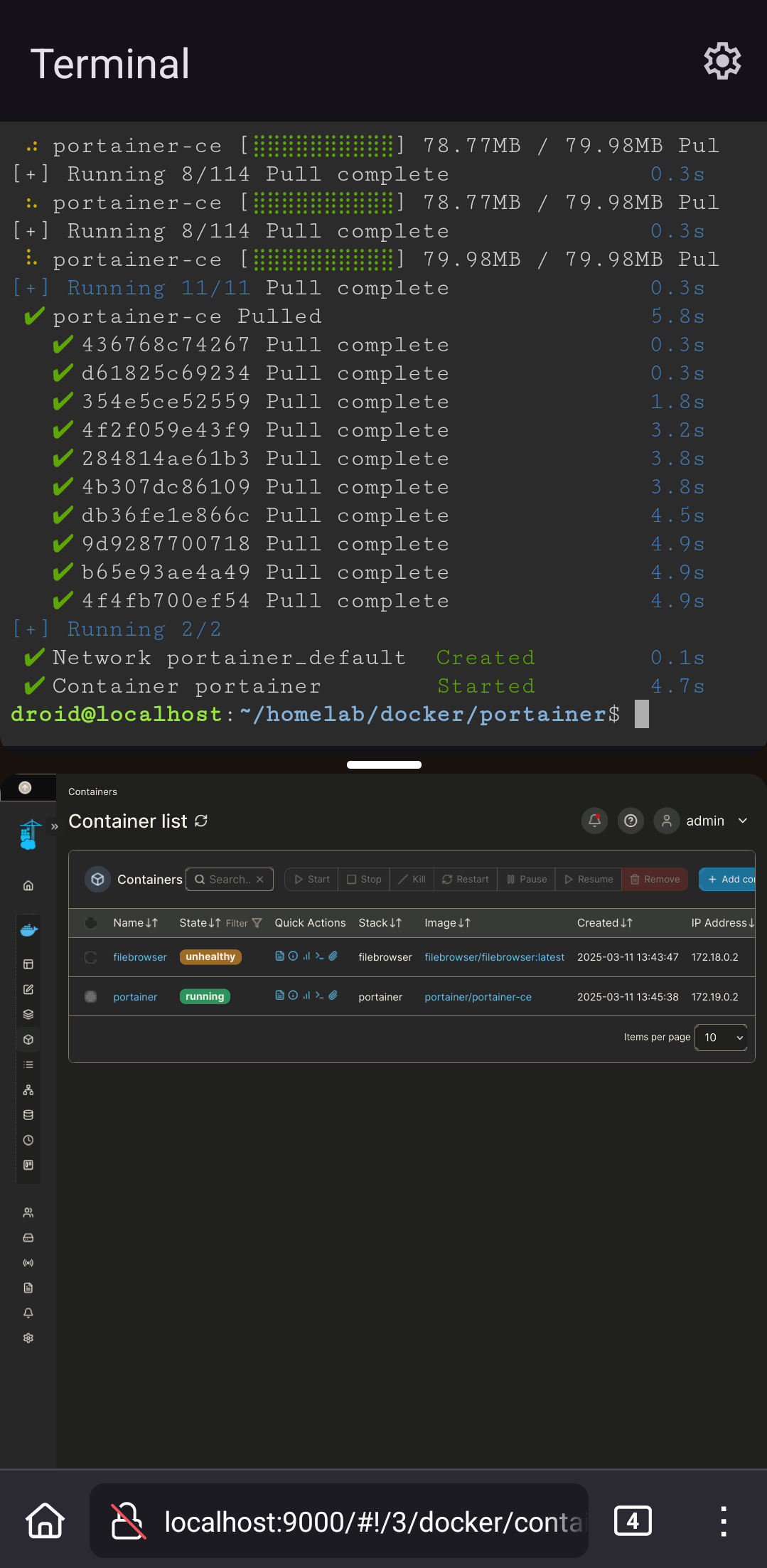Flatpaks do better sandboxing. So better then .deb's, but not better then using a web browser
Dust0741
In what country can you get raided due to high electricity usage?
Don't get attached to phones.
I do this. Its great because of catchall emails and the ability to make one address per merchant. Then if a company leaks your email or gets hacked, you can simply change the email from [email protected] to [email protected] and block the old address.
It also is good for ownership as you said. If Tuta gets purchased by Google (for example), then you can simply pivot to any of the many other email providers and not rely on a company being not evil.
Renovate bot is the answer. I self host it. Feel free to ask questions
I do. But only if I'm using Google search. Other than that I stay away from the Google homepage and all Google things
Makes a PR in a repo for updated versions. I.e. you have:
image: nginx:1
And it'll make a PR for the latest version
A CI/CD tool will monitor for changes like this and redeploy.
It should be yea. Just make sure you pass the USB through (or whatever connection method) and TEST
I've had success using the normal apt package
Unfortunately you can get a secure phone OR that. No overlap.
Edit: maybe one day
Markdown everything

Yeah use something flatseal to mess with further securing flatpaks